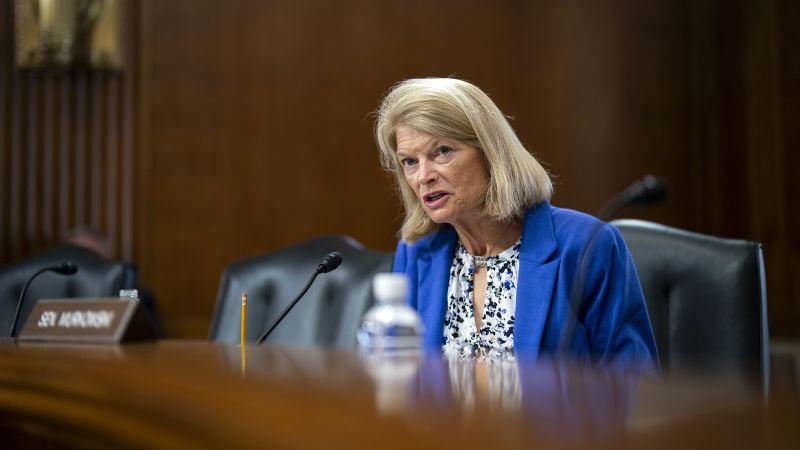My reason for posting this question is to get some perspective, since I don’t live further west than Indiana.
Indiana has a lot of conservative tendencies, usually opposes progressive policies, and a little old school bigotry in the form of religion based disagreement with people’s life styles, like letter community.
From an outsiders perspective, TX, OK, MO etc are even more extreme.
This permalink above from a comment from a person referencing recently proposed legislation against letter community people specifically, though there’s tons of examples of bigotry like the school principal getting sued for discrimination due to a kid’s hair (black hair).
We know Lemmy is a bit more populated with left than right thinkers, but regardless, what’s going on in these western plains states? Is it as bad as it looks?
Do you personally know some sweet old church ladies who ‘hate the gays because they’ll going to hell’ or are there just more extreme law makers being elected that don’t represent the majority?
EDIT: tried to fix link to a conversation instead of a login page.


I’ll start by declaring my heavy bias, as someone who dearly loves the Plains but moved east, not only because of politics, but who could never return home in part because of politics.
Many Midwesterners are religious and most oppose pregnancy termination. Some think it should be legal but still discouraged socially, but the default position is “it’s immoral” and the default position within that is “and should be illegal”. To this mindset, which I used to share, it really is murder. Not “equivalent to”, but the thing itself.
Now it used to be that South Dakotants voted mostly on local issues locally and for whoever kept the agricultural subsidies rolling in federally. We had D governors and Tom Daschle was the Senate Democratic leader.
But as the religious right got further and further in bed with the GOP at the national level, the RNC got better at manipulating religious voters. And it wasn’t hard to notice that a lot of us would forego a bit of self interest for the greater good, like outlawing literal murder (to our minds). And so the national money started rolling in, hammering the issue of reproductive healthcare further and further into every race, especially those with powerful D incumbents like Daschle. I had moved away for college by that point but by the time I graduated SD was blood, and I mean blood, red.
(Caveat: unlike most states, these days SD is solid red in urban areas and bluish out in the lower-population rural areas. Can you guess why?)
From there, the ground was fertile for the Tea Party to sow the seeds of populism that our recent President so ably reaped.
So it’s your belief or feeling that the major motivator and shift in politics related to religion and acceptance was over a pivotal issue of abortion? In this SDs case, the abortion issue opened the door for trading values from one party to the devotion to another?
Would you say that shift was in spite of not everyone being fully committed to the rest of the GOP/R’s values? You suggested they overlook all the things they don’t generally agree with, or as much with, just to support the abortion ban?
It was and is absolutely a wedge issue that allowed the GOP to purge a lot of democratic incumbents and candidates from office two decades ago, and keep them unpalatable today. Once people are already “in the tent” it’s easier to keep them there, and to turn them further towards your point of view.
Now, don’t misunderstand: South Dakota was already conservative, both politically and socially. But that translated to electing conservative Democrats as well as conservative Republicans. I’m talking not so much about a change in policy preference as a rise in party “purity”.